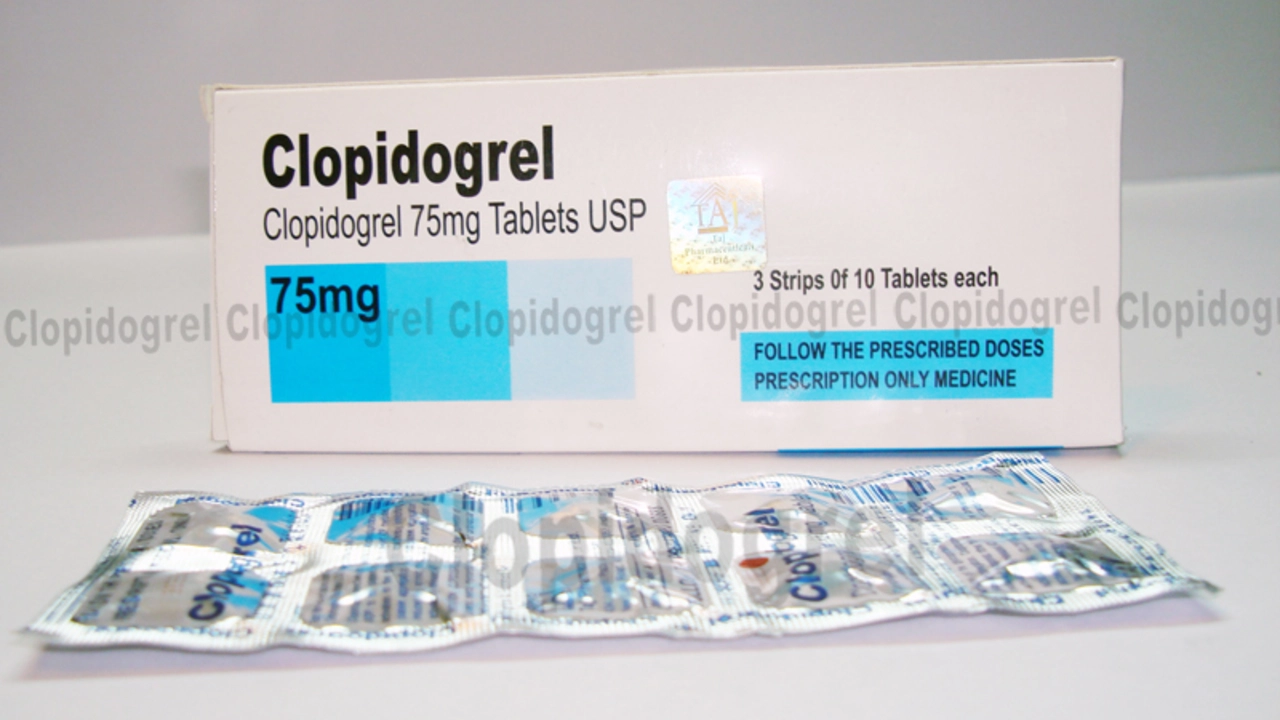Medication Cessation: Practical Steps to Stop Drugs Safely
If you’re thinking about ending a prescription or over‑the‑counter drug, the first thing to remember is that stopping isn’t always as simple as flipping a switch. Your body can react, and a sudden halt might cause uncomfortable or even dangerous symptoms. Below we break down what you need to do before, during, and after quitting any medication.
1. Talk to Your Doctor First
The safest route starts with a conversation. Schedule an appointment (or a tele‑visit) and explain why you want to stop. Your doctor can tell you if the drug needs a gradual taper, which alternative treatments might fill any gaps, and what warning signs to watch for.
Ask specific questions: How long should I reduce the dose? What symptoms are normal during withdrawal? When should I call back? Getting clear answers helps you avoid surprises later.
2. Create a Tapering Plan
Most medications that affect the brain or hormones (like antidepressants, steroids, or sleep aids) require a step‑down schedule. Write down each reduction – for example, cut the dose by 10 % every two weeks. Keep a simple chart or use a phone reminder so you don’t miss a step.
If your drug doesn’t have an official taper guide, start with small cuts and monitor how you feel. It’s better to go slower than to rush back into trouble.
3. Monitor Your Body and Mind
During the taper, track any new symptoms: headaches, mood swings, insomnia, or cravings. A quick journal (date, dose, symptom) lets you spot patterns and share accurate info with your doctor.
If something feels off – severe anxiety, tremors, or a rapid heartbeat – pause the reduction and call your healthcare provider. Adjusting the pace is normal.
4. Support Yourself With Lifestyle Tweaks
Good nutrition, regular exercise, and enough sleep give your body a boost while it adapts. Hydration helps flush out leftovers from the medication. Simple stress‑relief tools like deep breathing or short walks can curb cravings.
If you’re quitting something addictive (like opioids or nicotine), consider joining a support group or using counseling services. Talking to others who’ve been there makes the journey less lonely.
5. Plan for Aftercare
Once you’re off the drug, think about what comes next. Some people need a new medication to manage the original condition (for example, switching from one antidepressant to another). Others might rely on therapy, diet changes, or physical therapy.
Schedule a follow‑up visit to review how you’re doing and decide if any maintenance steps are needed. Keeping that line of communication open prevents relapse.
Quick Checklist Before You Stop
- Confirm with your doctor that stopping is safe.
- Get a written taper schedule.
- Set up reminders for dose changes.
- Track symptoms in a journal.
- Have a backup plan for severe side effects.
Stopping medication isn’t a one‑size‑fits‑all process, but with the right prep and support you can make it smooth. Remember: your health is worth the extra effort of doing it right.

